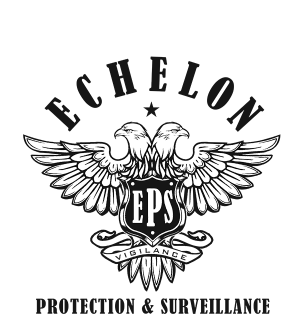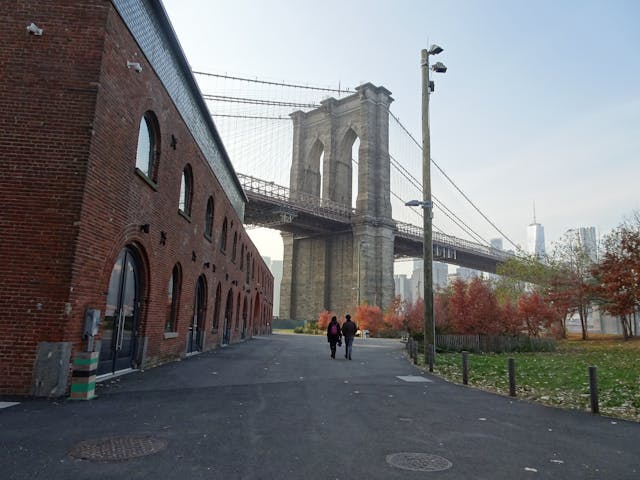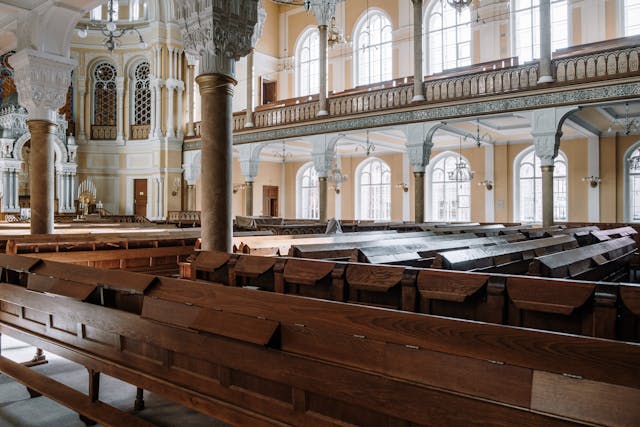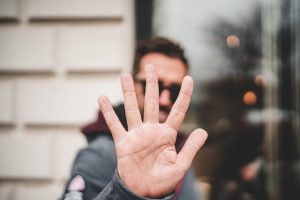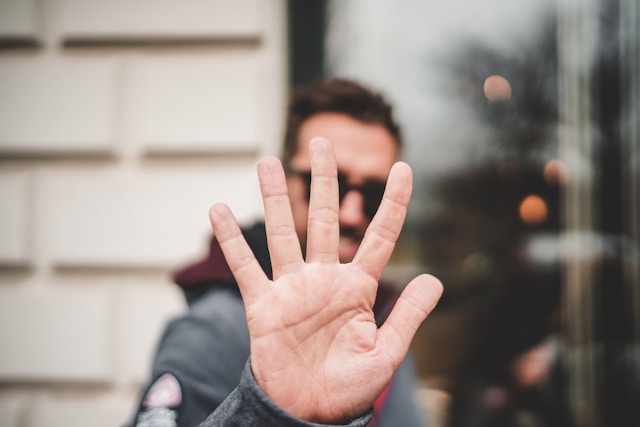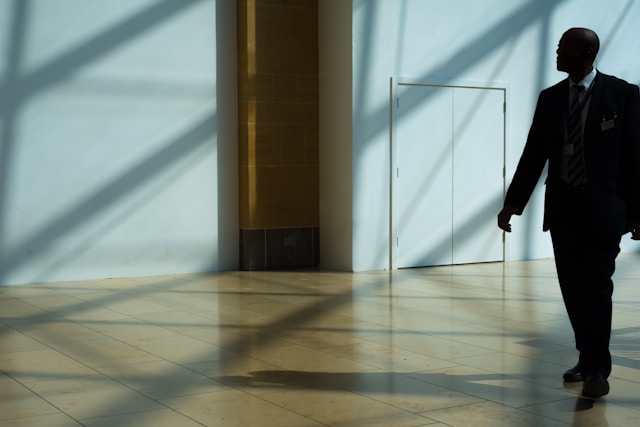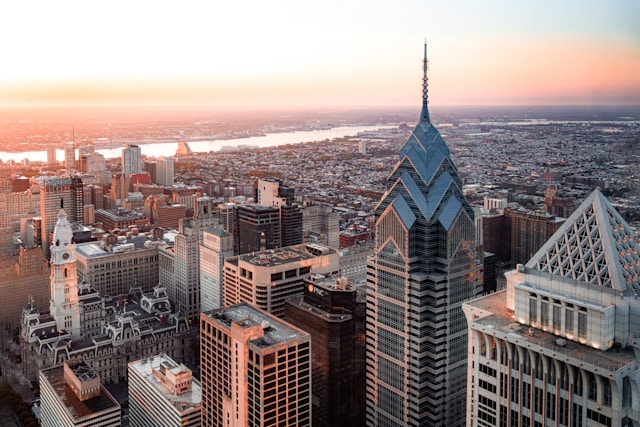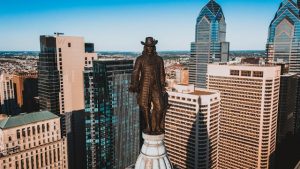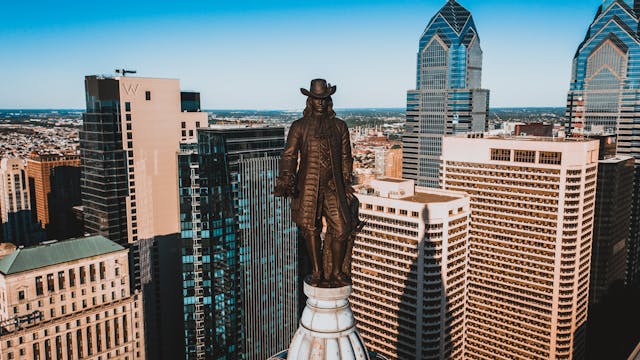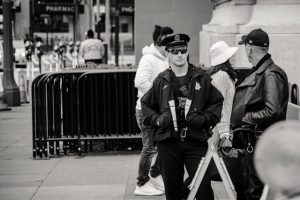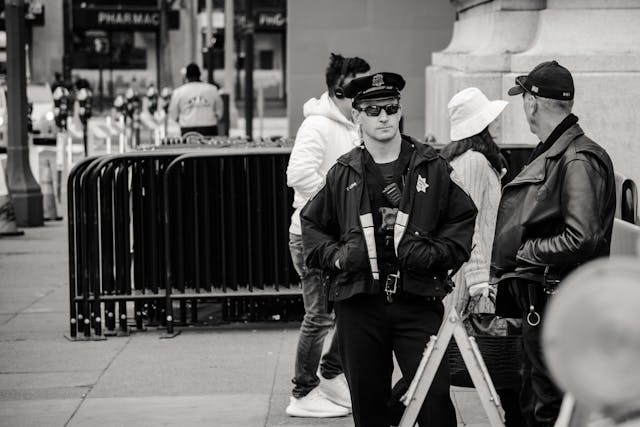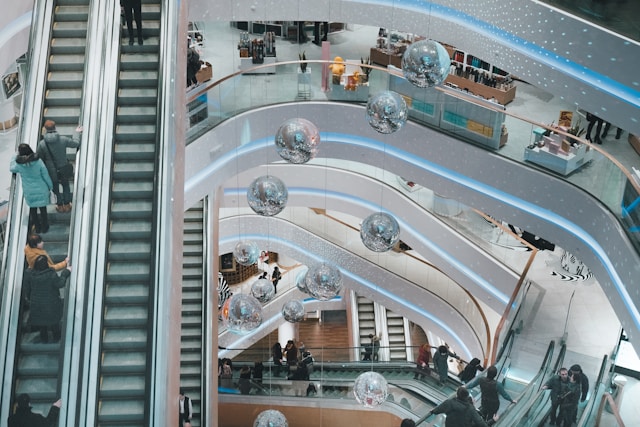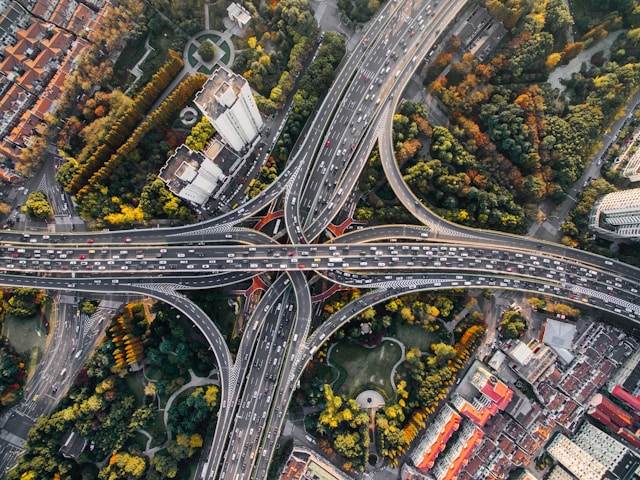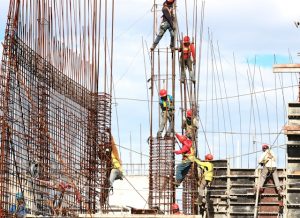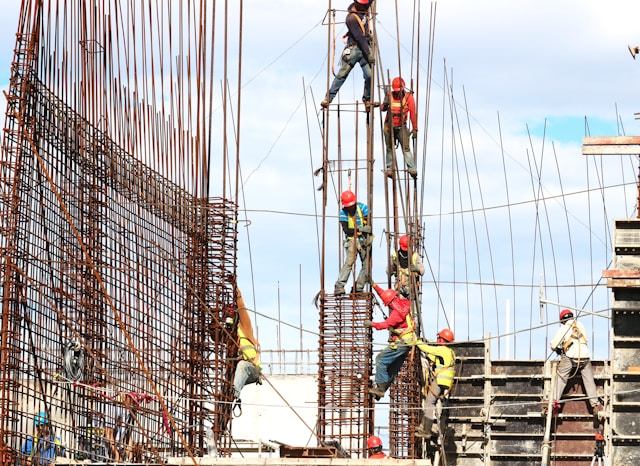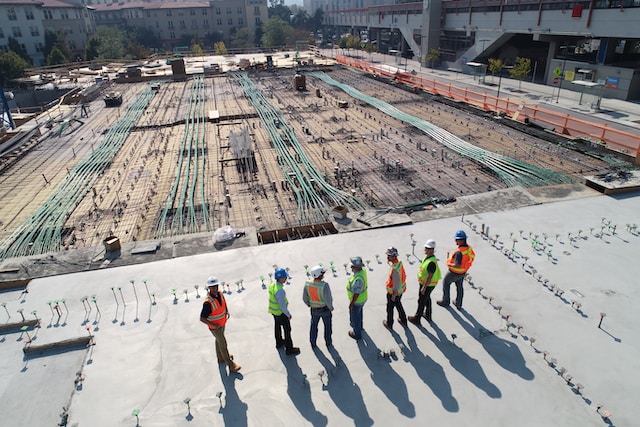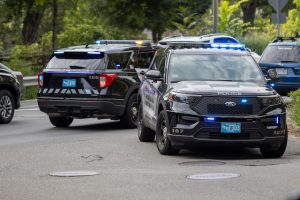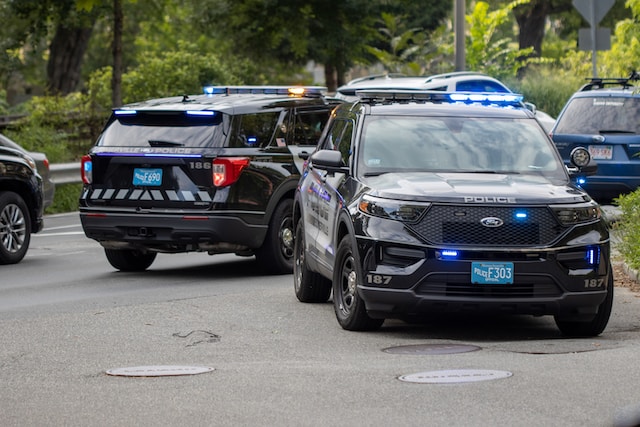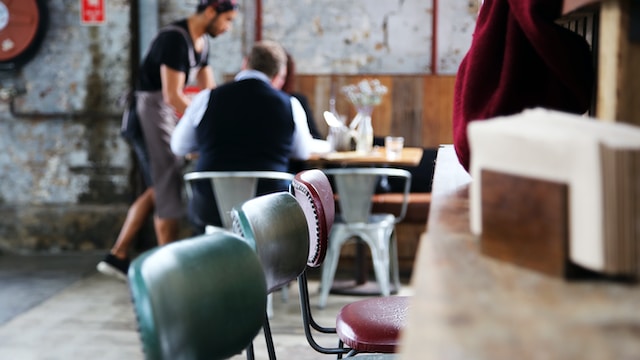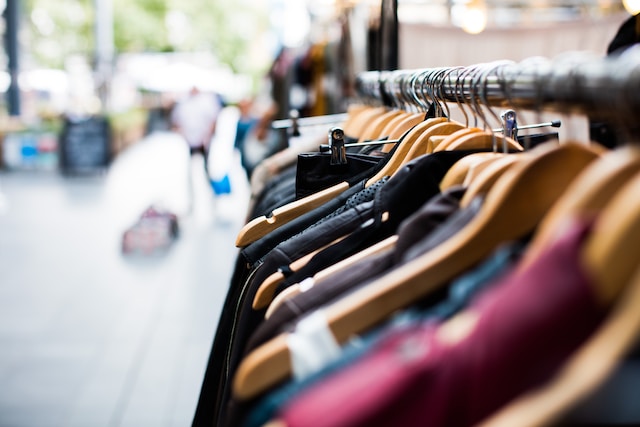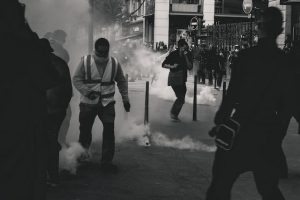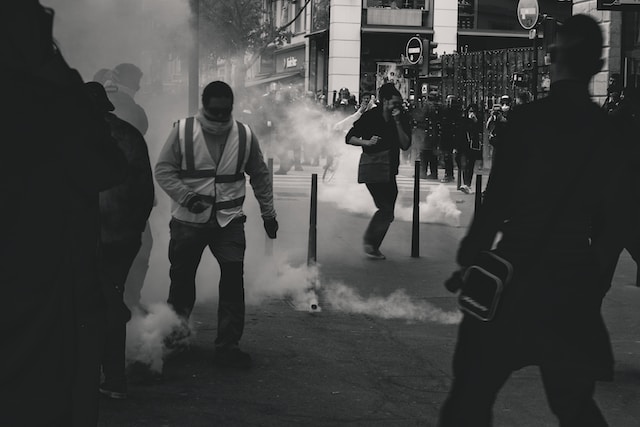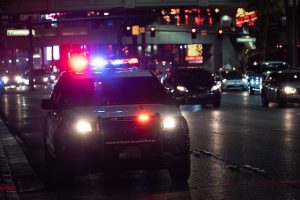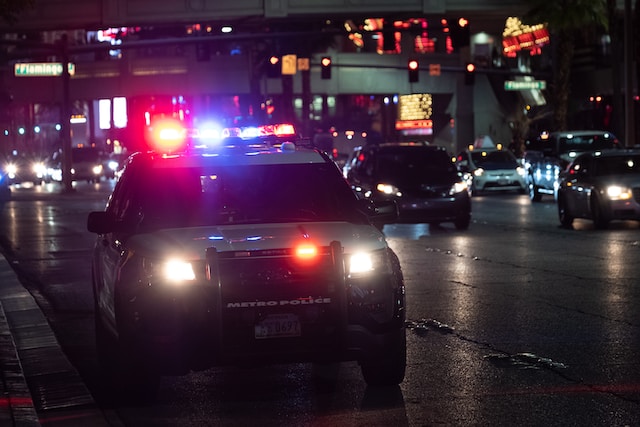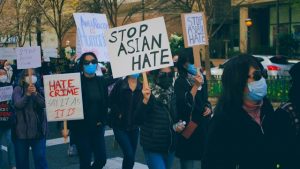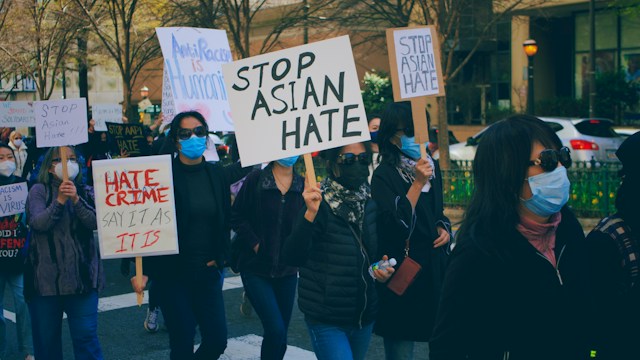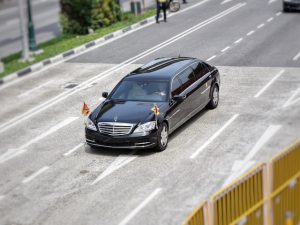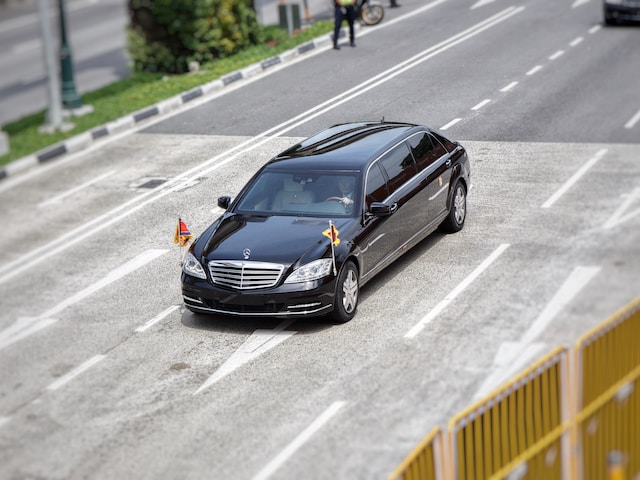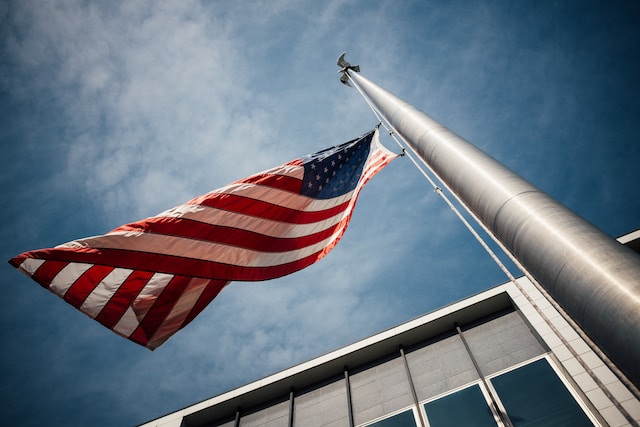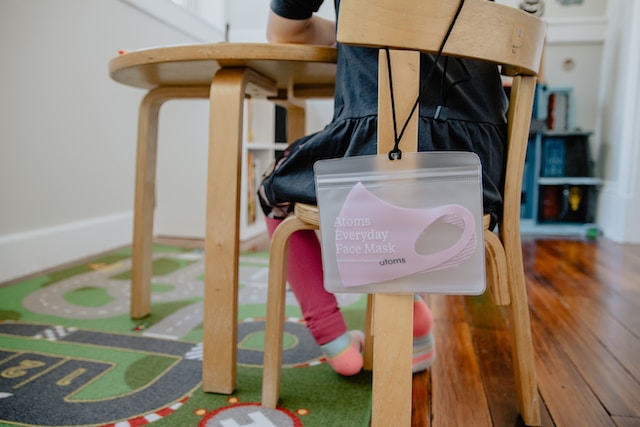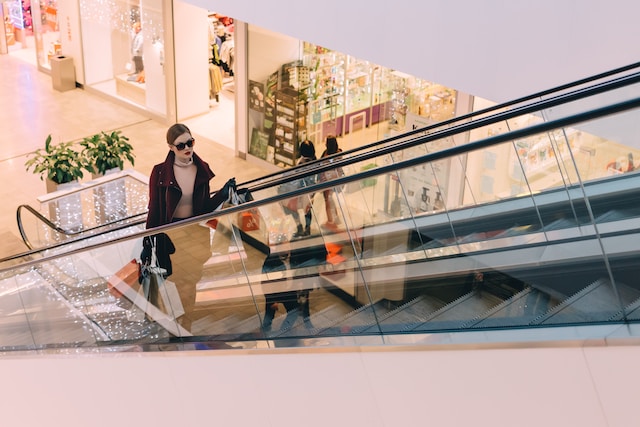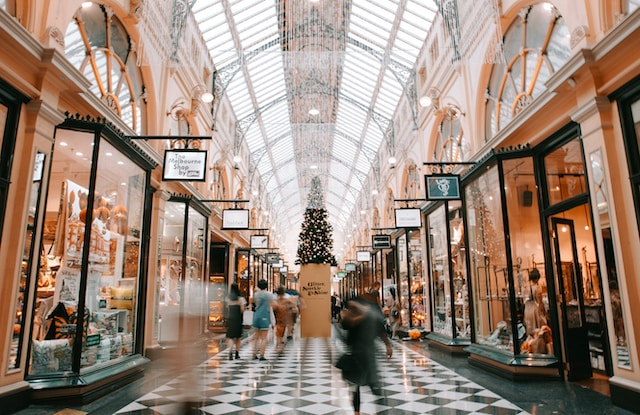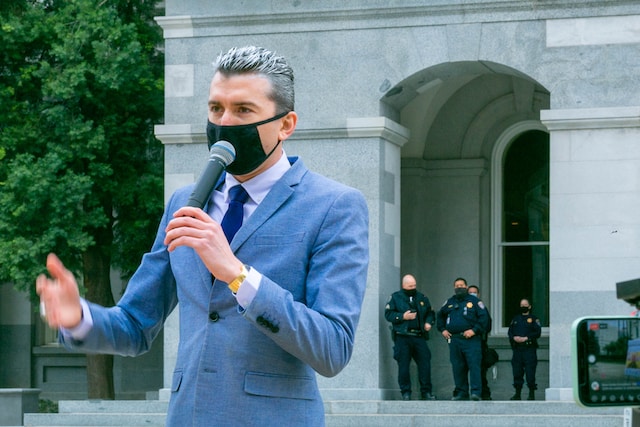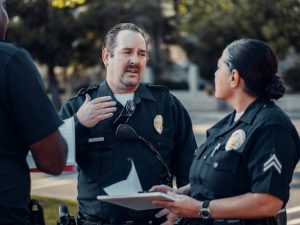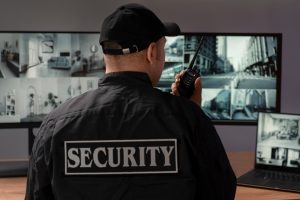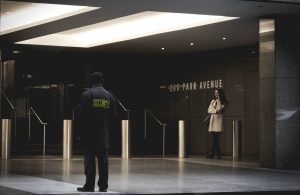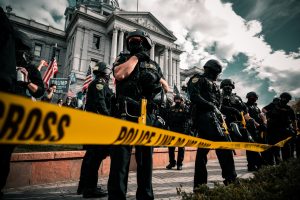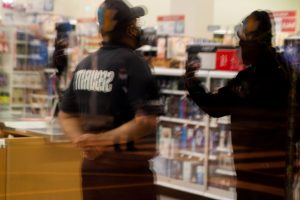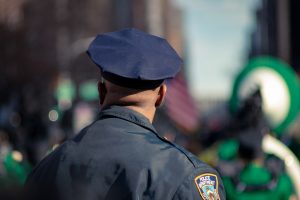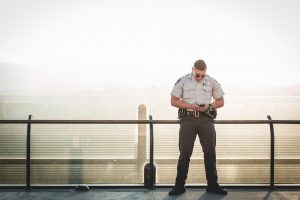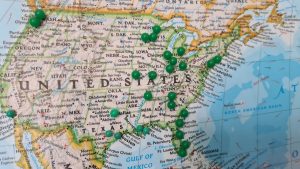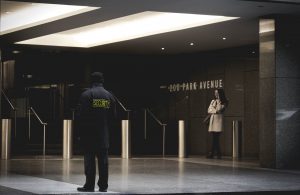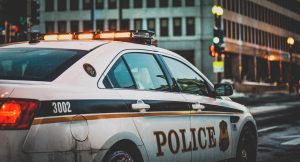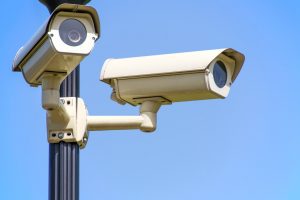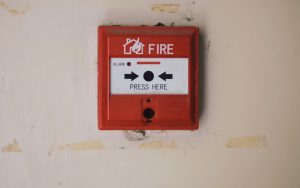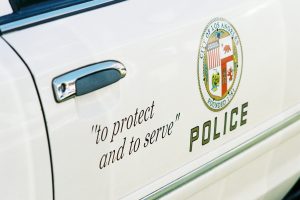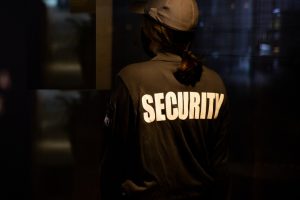CONFERENCE SECURITY MANAGEMENT
Times have changed and so should our expectations of security
By Karl de la Guerra, PPS, CLSS
Founder & Chief Executive Officer
Karl de la Guerra, Inc.
Fort Mill, South Carolina (USA)
Eighteen years ago, I embarked on a professional journey as a Conference Security Director that has taken me around the world to countless airports, beautiful resorts and some of the finest hotels imaginable. In this article I discuss a very unique line of work within the protective services industry. It is specialized, it is high dollar, it is intense, and it has proven to be an absolute necessity as meeting planners for conferences and conventions face new and demanding challenges to the safety and security of their attendees and staff.
For us here in the United States, the shooting incident at the Mandalay Bay resort in Las Vegas, Nevada on October 1, 2017, proved to be a game changer, a wake-up call for all those responsible for the safety and security of others while attending functions in a hotel and convention setting. Today, meeting planners and security professionals have teamed up internationally to address potential threat situations that in the past, were nothing more than fascinating topics within a crime novel.
Each one of us, in our professional capacity, regardless of our industry, attend meetings and conventions. Some local and some international. Your safety and security as an attendee at these events begin long before your arrival for the first day of the event. Take a few minutes and discover what exists behind the scenes in today’s modern world of conference security.
The role of a corporate meeting planner is vast and encompasses numerous responsibilities. The closer a meeting gets to attendee arrival day, meeting planners find themselves pulled in many different directions. All while satisfying their client and ensuring the comfort and business continuity of their attendees. Why make this harder than it is?
That’s where an individual like me comes in. A security professional who specializes in conference security management. Now, I’m not the licensed security officer who’s working the doors and parking lots of your event or securing your audio visual equipment. As a matter of fact, I’m probably not even from the country or state where the venue is located. But I’m the one who’s been an intricate part of the meeting planning team since the contract was awarded and the venue selected. I’m the one who has stepped in and given the meeting planning team that much needed piece of mind when it comes to the many concerns of ensuring the safety and security of conference attendees and staff. From the moment the attendees arrive at their destination airport, until the time they depart, I’m at the side of the meeting planning team. I’m your Conference Security Director.
So, how is it that I facilitate the professional life of a meeting planning team? Well, I would never ask a certified meeting planner to do the job of, or have the same job knowledge as, a security professional like myself. Just as I would have no expectation of my staff and I to know how to be a meeting planner. While both are knowledgeable in a variety of similar tasks, neither of us is professionally trained, and experienced, in each other’s skill sets. There are meeting planners, and there are security directors. When these two professions come together in a harmonious union of collaboration and coordination, the results are amazing! I know, because this has been my world for the past fourteen years, working internationally with meeting planners who support some of the largest companies in the world.
Selecting Your Conference Security Director
Every meeting, regardless of the size or topic, needs two things; planning and security. For the meeting planner who is responsible for that meeting, finding the perfect fit of a conference security director is a must. But what qualities should one look for? Many meeting planners look toward former law enforcement officers as the answer to their solution. But, having been a former law enforcement officer myself, I can tell you that this qualification, in and of itself, isn’t enough. I’ve found that three specific areas of expertise have helped me immeasurably in providing that “right fit” to support meetings, conferences and conventions around the world. A background in law enforcement is one, but the other two are experience in the hotel industry and experience in the aviation industry, specifically in hotel security and airport/aviation security. Because so much of our time on the meeting circuit is spent in both airports and hotels, these two backgrounds have proven absolutely invaluable to me in providing expert advise and assistance to overall meeting operations.
In addition, a background in international operations comes in very handy as well. As a conference security director, you’re being asked to support international meetings. As for the transportation aspect, a quality conference security director should have a solid understanding of transportation logistics and security operations as they relate to ground transportation activities and interacting with a variety of destination management companies (DMC’s).
Overall, the meeting planner should look for a conference security director who is a good communicator, both verbal and written, and someone who can maintain a command presence in the face of a critical situations. Bottom line, the meeting planner should ask themselves, “Do I feel safe around this person, or not?”.
Understanding the Role of the Conference Security Director
In understanding the role of the conference security director, look at them first and foremost as a part of your overall meeting planning team. Bring your security director onto your team as soon as you have secured a contract and selected a venue. The more informed your security director has, the better they will be able to serve as both a consultant and as an advisor.
The conference security director, looks at themselves, above all else, as a facilitator. There is no one on your team that is more prepared, qualified and experienced to be that “go-to” person in the event that something just can’t get done, than the conference security director. Their entire career in protective services has been about being a problem solver, whether on the street as a patrol officer, as an investigator, or in the corporate world as a security specialist. Security directors pride themselves in the fact that there is nothing they can’t resolve. Their ability to bring an answer and a solution to the meeting planning team can be a strength exploited by just asking for their assistance,
You would think my job has been all about securing facilities and escorting VIP’s. But in reality, the majority of what I do is problem solve for the meeting planning team. Everything from “where is the nearest 24-hour emergency dentist?”, to “how can a meeting attendee be expedited through the hospital emergency room process to see a doctor at the local hospital”. And this doesn’t apply just in one city, but every city in which I work, both here in the U.S. and abroad.
Of course, all the expected duties of a security director are also in my wheelhouse, such as finding locally licensed security agencies, planning for medical emergencies, coordinating with local law enforcement agencies and venue security directors and to assist in facilitating any needs of conference attendees and staff that are asked of me.
Your Client’s Liability Comes First
Any conference security director should know that their primary responsibility is the liability of the client. While not an attorney, the security director should have an excellent understanding of due diligence and risk assessment. Seeing a situation or event from the 30,000 foot level and being able to advise the meeting planner of a potential impending liability, makes the security director worth every cent the client is spending on them. The cost of one incident caused by a lack of due diligence can be harmful not only to people’s lives, but also to countless business reputations. Finding a security director that takes a strong stand on supporting the liability of your client can save many worries as planning and execution of the meeting agenda moves forward.
The Cost of Good Security
Cheap security benefits no one. By understanding what the client’s expectations are of safety and security for their event, combined with understanding the potential associated risks, one can then determine just the right type of security for your program.
Some clients want nothing more than a security presence to cover their insurance requirements. Others want more of a robust, full-service security plan. Regardless the level of security needed, it is necessary for the senior meeting planner to present a professional security protocol to their client. Helping the senior meeting planner determine the right type of security posture, should rest with the conference security director, since conducting risk assessments and threat analysis are part of what they do. Going with the lowest bidder (above operational skill) when it comes to security, does not benefit anyone.
What You Can and Cannot Do When it Comes to Meeting Security
First thing to know is that the majority of states in the U.S. require that security services be performed by state licensed security professionals. There are specific regulations as to who may provide and perform security services. In addition, and what many people don’t realize, is that most countries around the world are exactly the same. That means either using off-duty police officers or licensed security officers for your meetings.
While a non-licensed management team may perform administrative / non-security related duties as a support function, the security officers themselves, those performing a security function, must be licensed within the jurisdiction where the meeting is being held. So what does this look like? A Conference Security Support Team usually consists of a Conference Security Director, one or more Conference Security Managers, a Command Post Operator (we’ll address written reports shortly), a logistics support staff member and a medic. These are all individuals that perform an administrative or non-security related duty to support of the overall security function of a meeting.
Many jurisdictions, through their designated law enforcement agency, conduct on-site audits of security programs and should non-licensed security personnel be found working the event, in many states, it is your client and the security company, who will be issued a very hefty citation and summons to court. My recommendation is to spare yourself that embarrassment and utilize only licensed security staff.
Written Reports: Documentation for Liability
In the previous section, I mentioned the use of a Command Post Operator. For larger meetings this is a position that should not be overlooked. For smaller meetings, this function can be integrated into the security director or security manager position.
There are three primary written reports that should be accomplished by the security team, and presented through the meeting planner to the client, at the end of every meeting:
- Daily Duty Log – This document is a chronological log of all activities that involved the security team. It also includes all security personnel, listed by name, indicating their time on duty and time off duty.
- Medical Incident Report – This document is a standardized report of any medical incidents that occurred during the meeting.
- Security Incident Report – This document is also a standardized report of any security type incidents that have occurred.
I have never come across a client that did not appreciate this documentation. At the end of the day, the ability to complete these type of reports not only speaks to the professionalism of the security team, but also greatly improves the ability of the client to defend themselves in the event a situation involving liability should arise after the fact.
Within these few pointers I’ve provided, you will hopefully find a starting point and a foundation for the safety and security of your future meetings and conferences.

About the Author
Karl L. de la Guerra is at the helm of an international security consulting and tactical operations training firm based in the Carolinas. He is a 43-year veteran of the protective services industry with experience in military law enforcement, civilian law enforcement, government security contracting and international corporate security management. Throughout Karl’s career, he has remained focused on the topics of dignitary protection and counter terrorism. Karl is a professional public speaker and an on-air TV personality reporting on breaking news in the areas of international terrorism and law enforcement.
 In recent years, the rise in antisemitic incidents has heightened security concerns for Jewish communities. Synagogues across the United States are increasingly conducting active shooter drills to prepare congregants for potential threats. This article explores what an active shooter drill entails and discusses whether your synagogue should implement such training.
In recent years, the rise in antisemitic incidents has heightened security concerns for Jewish communities. Synagogues across the United States are increasingly conducting active shooter drills to prepare congregants for potential threats. This article explores what an active shooter drill entails and discusses whether your synagogue should implement such training.